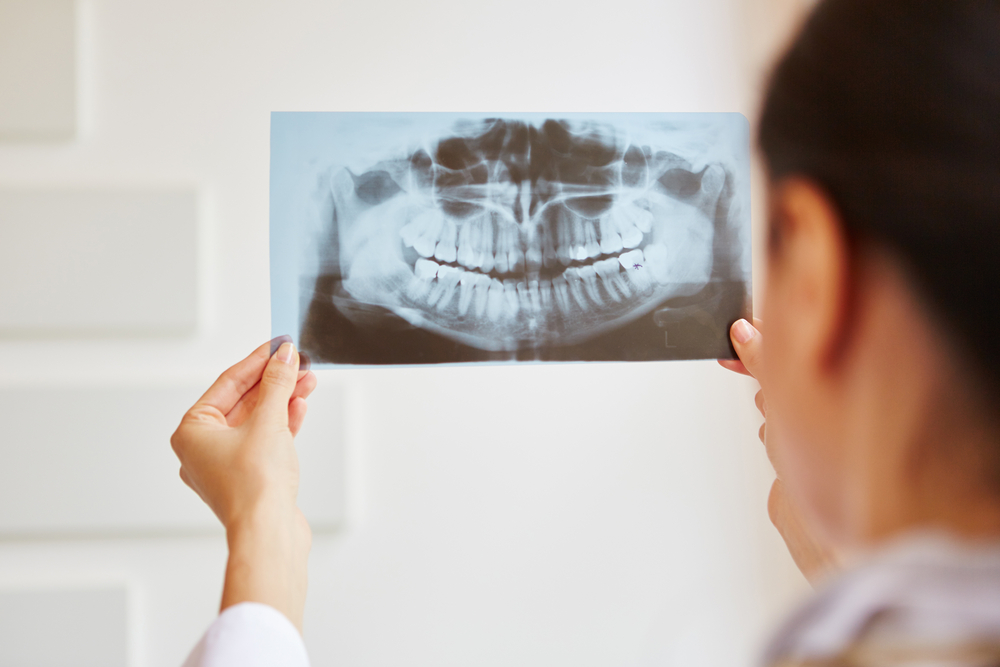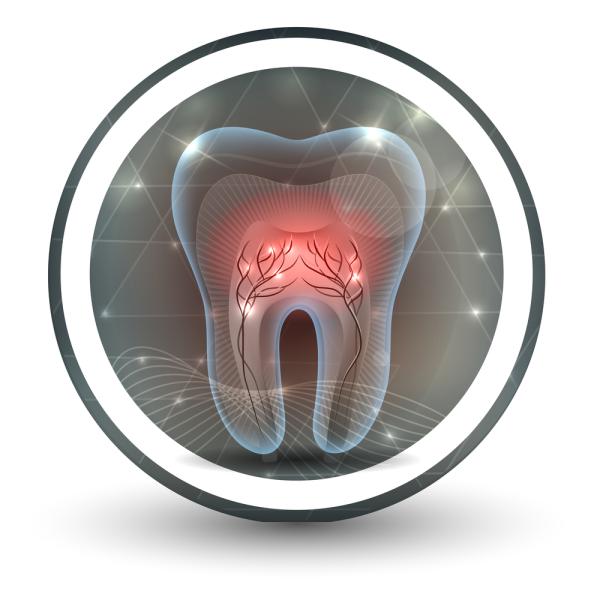You are an adult in good overall health. And when it comes to your teeth and gums, they are in good shape, as well. You've avoided cavities, you brush frequently and effectively and you're about to walk into your dentist's office for a checkup.
You climb into the chair; it starts reclining. Then comes the question.
"It's been a year since we took X-rays," your dentist says. "We'll do them now, OK?"
On the spot, prone, stretched out, your response is likely a product of the following, in no particular order: trust in your chosen professional; concerns over radiation, personal health awareness; your ease/unease in disagreeing; and cost. And after performing five seconds of this advanced calculus, if you're like legions of indecisive patients you simply default to the standby: if my dentist is recommending it, then I should do it.
The dental profession, however, says otherwise. Annual preventive X-rays, called bitewings, for healthy dental patients are not necessary.
"Adult dentate patients, who receive regularly scheduled professional care and are free of signs and symptoms of oral disease, are at a low risk for dental caries," otherwise known as tooth decay. It's the recommendation from the American Dental Association, in a report co-authored with the Department of Health and Human Services. "Therefore, a radiographic examination consisting of posterior bitewings is recommended at intervals of 24 to 36 months."
Oftentimes, your dentist may offer the X-rays by saying that they're covered by insurance. Even if they are, that doesn't mean you need them. And covered by insurance doesn't mean free. As the patient, depending on your coverage, you may have to pick up a percentage of the cost.
 Of course, for adults whose dental health is not as ideal, listening to your professional's advice makes a great deal of sense. Adults prone to cavities, for instance, should have bitewings done every year-and-a-half, states the ADA, depending on the individual's overall dental picture.
Of course, for adults whose dental health is not as ideal, listening to your professional's advice makes a great deal of sense. Adults prone to cavities, for instance, should have bitewings done every year-and-a-half, states the ADA, depending on the individual's overall dental picture.
Reducing exposure to radiation also can be a consideration as to whether or not have annual X-rays. Without being alarmist, and without demonstrating absolute certainty, studies focusing on radiation accumulation have pointed to avoiding low-level exposure. And with its own recommendations, the ADA concurs.
"Even though radiation exposure from dental radiographs is low," citing from the report, titled, Dental Radiographic Examinations: Recommendations For Patient Selection and Limiting Radiation Exposure, "once a decision to obtain radiographs is made it is the dentist's responsibility to follow the ALARA Principle (As Low as Reasonably Achievable) to minimize the patient's exposure."
Finally, bitewings reveal more than what your dentist can see when s/he peers into your mouth, and for some people the possibility exists that tooth decay, once it starts, can spread quickly. So if you're the type who tends to operate with an abundance of caution – and possibly, an unnecessary abundance – then accept your dentist's offer for annual X-rays.




